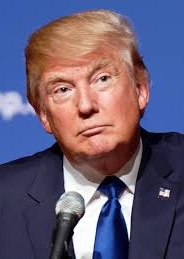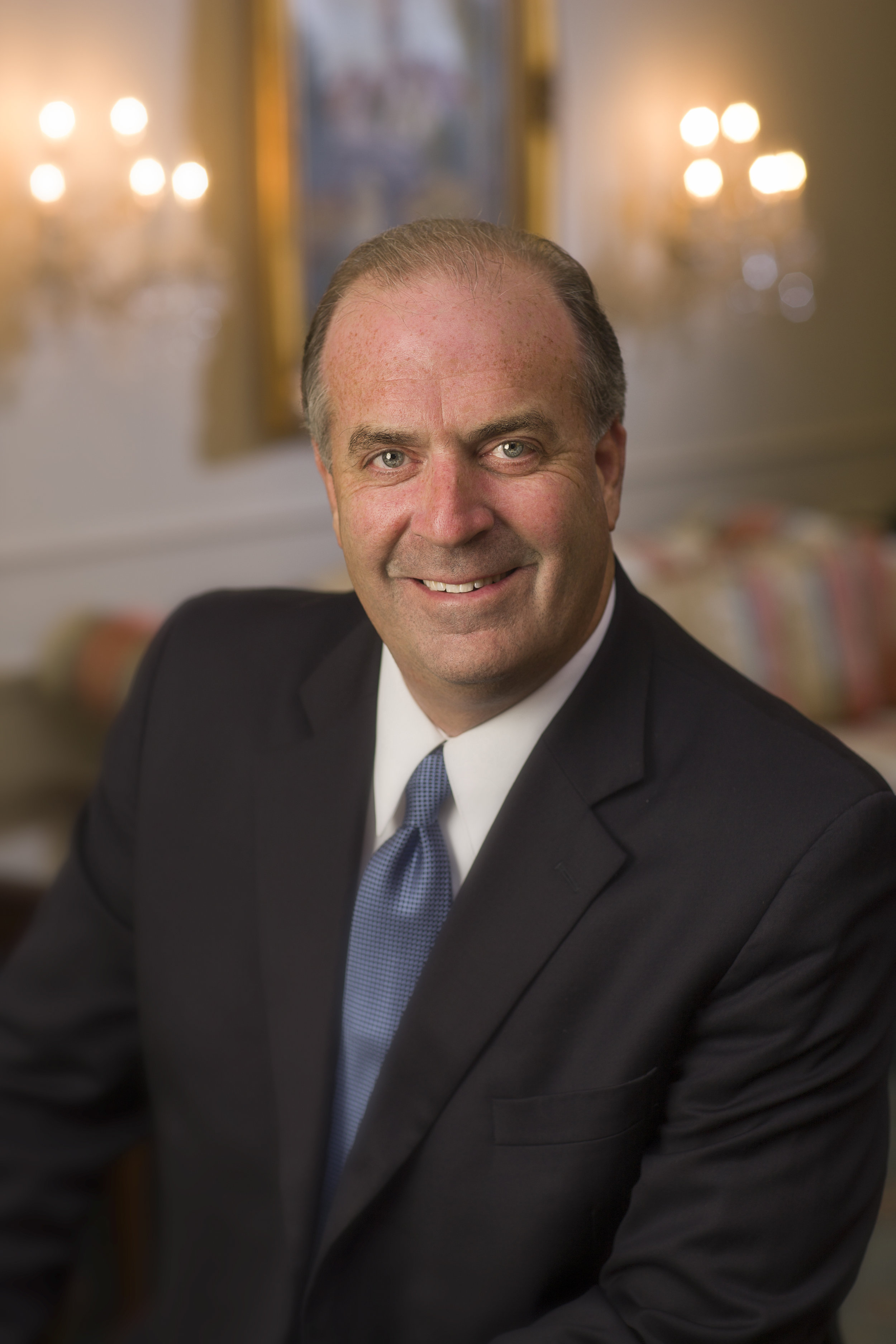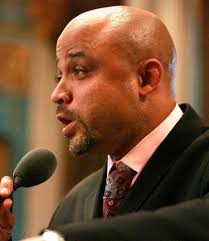Unlike most of the political class in Michigan, Lena Epstein boarded the Trump train early. And now she’s hoping to hitch a ride to the U.S. Senate in 2018.
After supporting social conservative Rick Santorum, who fell short in his 2012 presidential bid, Epstein settled on Donald Trump in early 2016 while most Michigan Republicans were flocking to mainstream choices like Jeb Bush, Ted Cruz or John Kasich.
Epstein, the general manager for her family’s business, Southfield-based Vesco Oil, has said she was drawn to Trump as a fellow businessperson.
She soon became the Michigan campaign’s co-chair, defending him on everything from the loan his real estate mogul father gave him (she quoted Fred Trump saying, “Everything [Donald] touches seems to turn to gold”) to the “Access Hollywood” tape where the younger Trump bragged about being able to “grab ‘em by the pussy” (Epstein quipped that “he would not be my first choice for my child’s temple Sunday school teacher”).
Epstein explained her surrogacy style to the media thusly: “I never apologized for misstatements he made. I would just pivot to why I supported him: to grow the economy, protect our borders and have increased opportunities for families and children.”
In an October 2016 pro-Trump op-ed for the Jewish News, the 35-year-old laid down her marker: “I’m Jewish. I’m a woman. I’m a millennial.”
Those are all qualities that Epstein has played up as she’s declared for U.S. Senate against three-term incumbent U.S. Sen. Debbie Stabenow (D-Lansing). The hardworking former Senate Agriculture Committee chair is the rare Democrat who knows how to reach voters above M-10.
It’s an interesting gamble. Trump’s poll numbers are tumbling both in Michigan and nationally. But the president still has solid support with Republicans, even amidst the unpopularity of Trumpcare and as his administration has become engulfed in scandal over its ties to Russia.
If this holds, the GOP could face a Catch-22. Perhaps only a Trump loyalist can win the U.S. Senate GOP primary. But that strong pro-Trump stance could cost a Republican nominee in the general election.
Many politicos think Epstein has the GOP nomination in the bag. It’s no secret that Republicans have long believed that the only way to take out Stabenow is with a female candidate. And they’ve also pined for a self-funder, as the incumbent is known for her huge fundraising hauls.
Epstein checks a lot of boxes. She hails from southeast Michigan, the population base of the state, and has a family fortune from which to draw. She has impeccable Trump credentials and a well-known campaign consultant, John Yob, who advised the last two Republicans who ran for U.S. Senate (Pete Hoekstra in 2012 and Terri Lynn Land in ‘14, both of whom lost).
But it’s early. And it’s not a done deal that Epstein will have a clear field. Former state Senate Majority Leader Randy Richardville (R-Monroe) has been on the National Republican Senatorial Committee’s radar. Former Michigan Supreme Court Justice Bob Young is still very interested and would have plenty of GOP support. And U.S. Rep. Fred Upton (R-St. Joseph), who has crossover appeal, hasn’t ruled out a run. In fact, with Democrats making noise about targeting his seat in ‘18, now might be the ideal time for him to take the leap for Senate.
Let’s not forget that many insiders also decided early this year that Gretchen Whitmer had the ‘18 Democratic nomination for governor wrapped up. For a few hours after U.S. Rep. Dan Kildee (D-Flint) announced he wouldn’t run, their thesis seemed correct.
But then University of Michigan Regent Mark Bernstein, who also runs the well-known Bernstein law firm, quickly started putting out feelers. That prompted another prominent attorney, 1998 Democratic gubernatorial nominee Geoffrey Fieger, to get in on the action with a spicy “Off the Record” appearance. Now Whitmer is looking for a new campaign spokesperson and it looks like the race could descend into a free-for-all.
There are still 438 days before the Aug. 7, 2018 primary. A lot can change in any race. The only thing we can definitively say at this point is that next year’s election doesn’t look boring.
Susan J. Demas is Publisher and Editor of Inside Michigan Politics, a nationally acclaimed, biweekly political newsletter. Her political columns can be found at SusanJDemas.com. Follow her on Twitter here.
















